Cholecystectomy
This is a surgery performed if the gallbladder problem is present. It involves the removal of the mentioned organ. The liver is responsible for the manufacture of bile, which is a digestive juice, and this bile should gather in the gallbladder. However, some problems can cause improper flow of the bile due to a blockage in the gallbladder. If this is present, a person will experience pain in the abdomen region.
Cholecystectomy is a procedure considered to be the last resort, and it is usually done only if other treatment methods have proved to be unfruitful. Open and laparoscopic cholecystectomy are two types of this procedure that can be done. The more traditional option is open surgery, but it involves a much longer recovery, and this is one of the main reasons doctors rarely perform it. Laparoscopic cholecystectomy is a procedure that involves less recovery time, and it is considered generally safer.

Side Effects
First, we will talk about the side effects of the laparoscopic type. One of the side effects is abdominal pain, which is quite a common side effect, and can last for a few days. It is caused by the shift of the abdominal cavity, which produces bruising. This pain is serious, and it can aggravate.
Laparoscopic cholecystectomy involves a small camera inserted through a tiny incision. During this, anesthesia is used, which can cause some problems after the surgery. They are sore throat, fever, headache, loss of muscle control, muscle weakness, fatigue and thirst. This surgery can cause an upset stomach, which leads to diarrhea. It can also cause constipation, vomiting, and nausea. This is a result of the bile having nowhere to go, and it irritates. In these situations, it is best to eat food rich in fiber, such as pasta and brown rice.
Now, we will focus on the side effects associated with open surgery. During this surgery, the bile duct can become damaged, and this can lead to liver damage and bile leakage. Also, the gallbladder can be split and dropped into the abdominal cavity, but this is something that happens very rarely.
The fistula debris can cause some obstruction, and this problem requires abdominal surgery, which will pump the carbon dioxide. This may lead to gas release in the body, and bloating can be felt due to this. Pneumonia, infection, blood clots, bleeding, and several other side effects are possible.
- Previous studies have indicated an association between cholecystectomy and quality of life and gastrointestinal symptoms. The prevalence of postcholecystectomy diarrhoea has been reported to range from 0.9% to 35%. The psychological impact of cholecystectomy is largely unknown.
- This is a prospective population-based cohort study based on the Nord-Trøndelag Health Study (HUNT) Norway. HUNT is a repeated health survey of the county population and includes a wide range of health-related items. In the present study, all 3 HUNT surveys were included, performed between 1984 and 2008.
- Selected items were scores on quality of life, the Hospital Anxiety and Depression Scale (HADS) and selected gastrointestinal symptoms. Participants who underwent cholecystectomy for gallstone disease between 1 January 1990 and until 1?year before attending HUNT3 were compared with the remaining non-operated cohort. Associations between cholecystectomy and the postoperative scores and symptoms were assessed by multivariable regression models.
- Participants in HUNT1, HUNT2 and HUNT3 were 77?212 (89.4% of those invited), 65?237 (69.5%) and 50?807 (54.1%), respectively. In the study period, 931 participants were operated with cholecystectomy. Cholecystectomy was associated with an increased risk of diarrhoea and stomach pain postoperatively. In addition, cholecystectomy was associated with an increased risk of nausea postoperatively in men. We found no associations between cholecystectomy and quality of life, symptoms of anxiety and depression, constipation, heartburn, or acid regurgitation following surgery.
It is important to educate yourself before deciding on the surgery. Learn about the risks and complications and how you can avoid them. Some of the ways include proper diet and post-surgery.



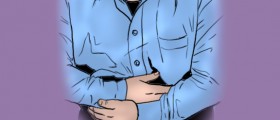
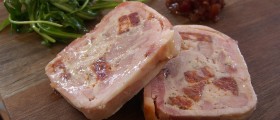
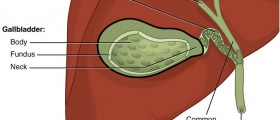
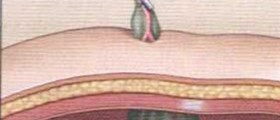
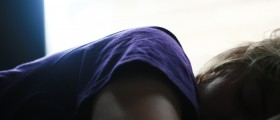
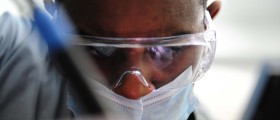
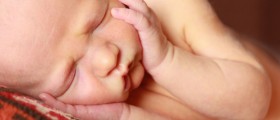
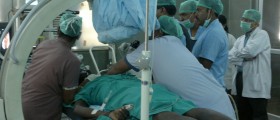


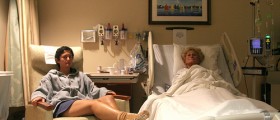


Your thoughts on this
Loading...